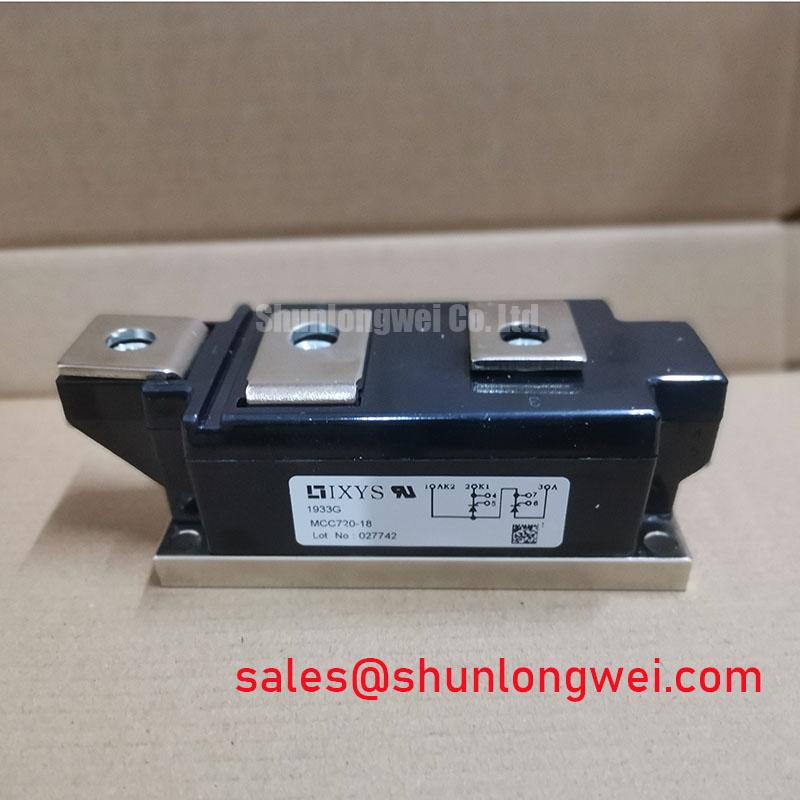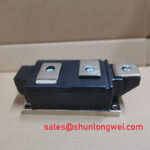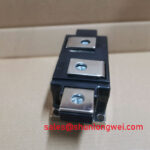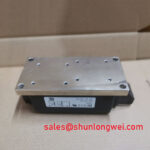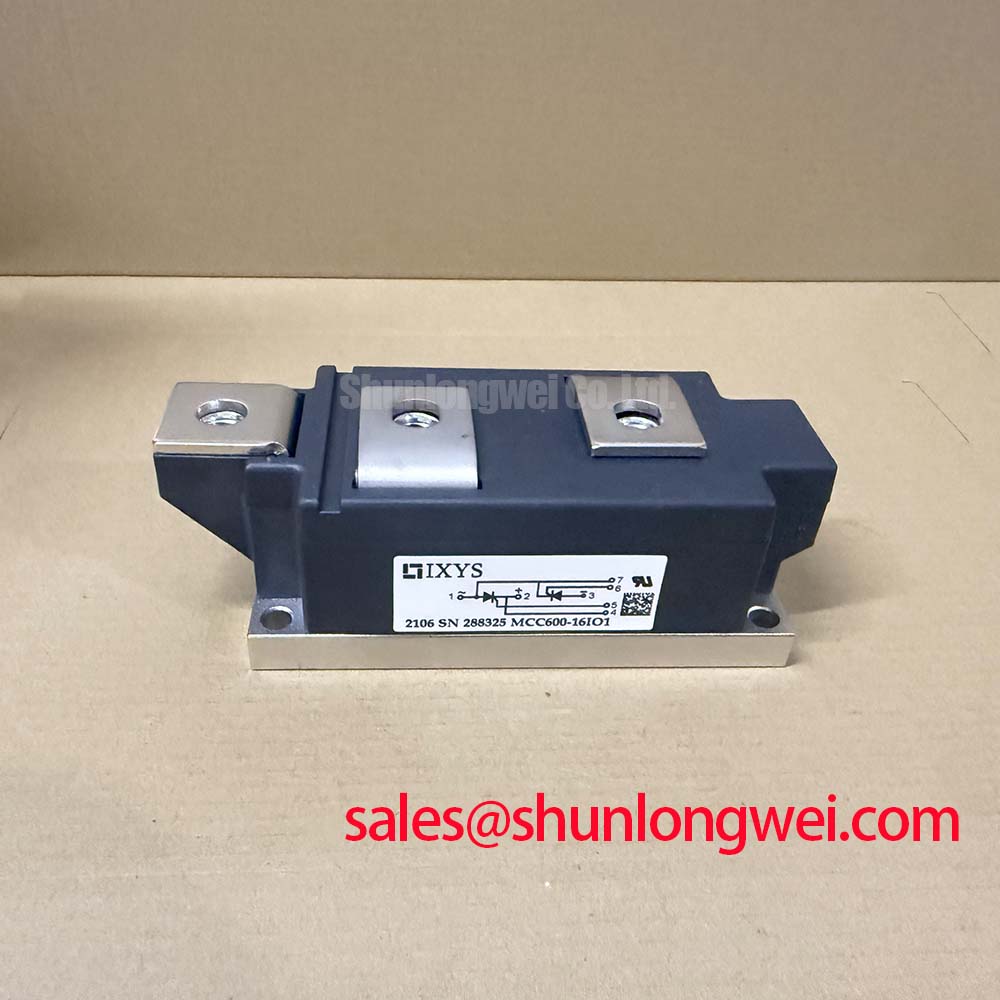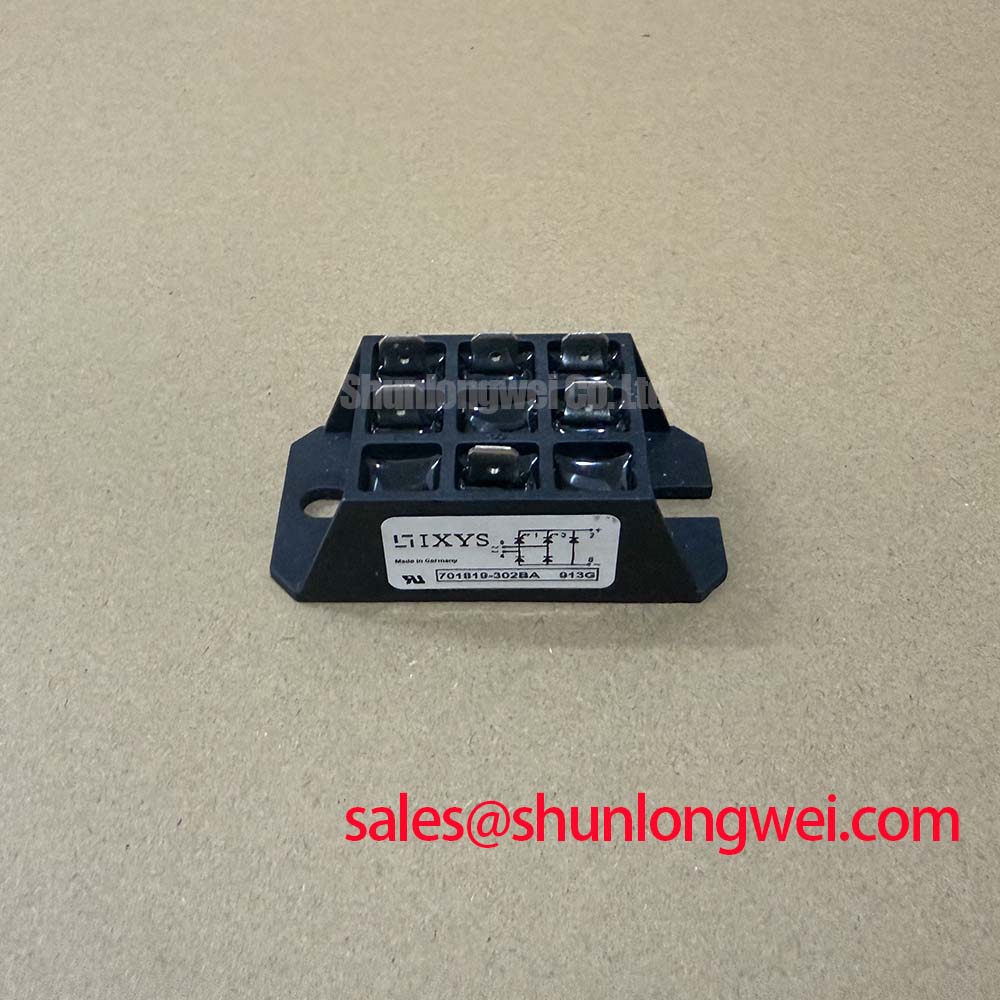MCC720-18 Thyristor Module: Engineering Review for High-Power Phase Control
An In-Depth Analysis of the MCC720-18 Thyristor Module
Content last revised on October 12, 2025.
Engineered for exceptional thermal stability and fault tolerance, the MCC720-18 is a high-current thyristor module designed for demanding phase control applications. It delivers robust performance with key specifications of 1800V | 740A | 2.2 x 10^6 A²s I²t, offering the critical benefits of high thermal efficiency and superior surge survivability. This module is specifically designed to handle the significant inrush currents and potential overvoltage conditions found in high-power industrial systems. For applications requiring robust, line-commutated power control on 600V or 690V AC lines, the MCC720-18's combination of high voltage and surge current capacity presents a highly reliable solution.
Key Parameter Overview
Decoding the Specs for Thermal Stability and Electrical Robustness
The technical specifications of the MCC720-18 underscore its suitability for high-stress industrial environments. The parameters are organized below to provide a clear view of its electrical, thermal, and mechanical capabilities.
| Parameter | Symbol | Condition | Value |
|---|---|---|---|
| Electrical Characteristics | |||
| Repetitive Peak Off-State Voltage | VDRM, VRRM | 1800 V | |
| Average On-State Current | ITAVM | TC = 85°C, 180° sine | 740 A |
| RMS On-State Current | ITRMS | TC = 85°C | 1160 A |
| Surge Forward Current | ITSM | t = 10 ms, TVJ = 130°C | 21000 A |
| I²t Value for Fusing | I²t | t = 10 ms, TVJ = 130°C | 2.20 x 106 A²s |
| Gate Trigger Current | IGT | TVJ = 25°C | < 200 mA |
| Thermal & Mechanical Characteristics | |||
| Operating Junction Temperature | TVJ | -40 to +130 °C | |
| Thermal Resistance, Junction to Case | RthJC | Per Thyristor | 0.050 K/W |
| Isolation Voltage | VISOL | 50/60 Hz, RMS, t = 1 min | 3000 V~ |
| Module Weight | Typical | 750 g | |
Download the MCC720-18 datasheet for detailed specifications and performance curves.
Application Scenarios & Value
System-Level Benefits in Industrial Motor Control and Power Conversion
The MCC720-18 is a cornerstone component for designers of high-power control systems, particularly where reliability under harsh electrical conditions is paramount. Its primary value is demonstrated in applications such as large-scale AC Motor Soft Starters, controlled industrial rectifiers, and furnace controls.
A high-fidelity engineering scenario is the control of a multi-megawatt industrial motor. During startup, these motors can draw inrush currents many times their nominal rating. The MCC720-18's exceptional surge current (ITSM) rating of 21,000 A provides the necessary robustness to manage these transient events without degradation or failure. This high fault tolerance translates directly into increased uptime and reduced maintenance costs. The 1800V blocking voltage provides a substantial safety margin for systems connected to 690V AC industrial lines, protecting against voltage spikes that are common in such environments. For lower power systems or different topological requirements, the related SKKD162/18, a diode-thyristor module, may be considered for smaller drive applications.
Technical Deep Dive
The Reliability Impact of Direct Copper Bonded (DCB) Technology
A critical, yet often overlooked, feature of the MCC720-18 is its internal construction utilizing planar passivated chips on a Direct Copper Bonded (DCB) substrate. This design is central to the module's excellent thermal performance and long-term reliability. The DCB substrate provides superior electrical isolation (3000V~) while maintaining a highly efficient thermal pathway from the thyristor junction to the module's baseplate.
This efficiency is quantified by the low thermal resistance, RthJC, of just 0.05 K/W per thyristor. You can think of thermal resistance as the bottleneck in a pipe draining heat away from the silicon chip. A lower RthJC value signifies a wider, unobstructed pipe, allowing heat to escape rapidly. This efficient heat dissipation keeps the junction temperature lower during operation, which directly mitigates the primary driver of semiconductor aging and failure. For system designers, this means a reduced dependency on oversized heatsinks, enabling more compact and cost-effective thermal management solutions while extending the operational lifespan of the end equipment.
Frequently Asked Questions (FAQ)
What is the primary advantage of the MCC720-18's common cathode configuration?
The common cathode configuration simplifies the design of single-phase and three-phase controlled rectifier bridges and AC controllers. It allows two thyristors to share a single cathode connection point, reducing the complexity of busbar arrangements and gate drive circuits compared to using two discrete devices, which can lead to a more compact and reliable power assembly.
How does the I²t rating of 2.2 x 10^6 A²s impact system protection design?
This high I²t rating is a measure of the thermal energy the thyristor can withstand before failure during a short, non-repetitive fault. It acts as an "energy absorption shield." This robust value gives system designers greater flexibility in coordinating protection schemes, allowing for the use of standard industrial fuses or circuit breakers that can clear a fault condition well before the module itself is compromised, thus preventing catastrophic component failure.
Component Sourcing and Integration
To ensure the optimal performance and reliability of the MCC720-18 in your design, it is essential to source components through authorized and trusted channels. For engineering and procurement teams, we provide access to authentic components and offer the necessary documentation to support your evaluation and integration processes. Please contact us to discuss your specific application requirements or to request a quote for the MCC720-18 thyristor module.


